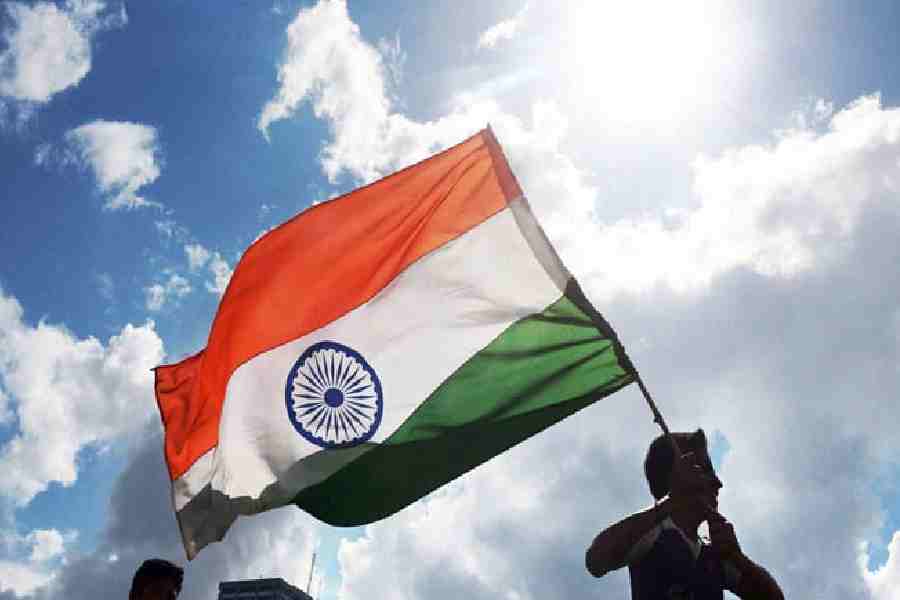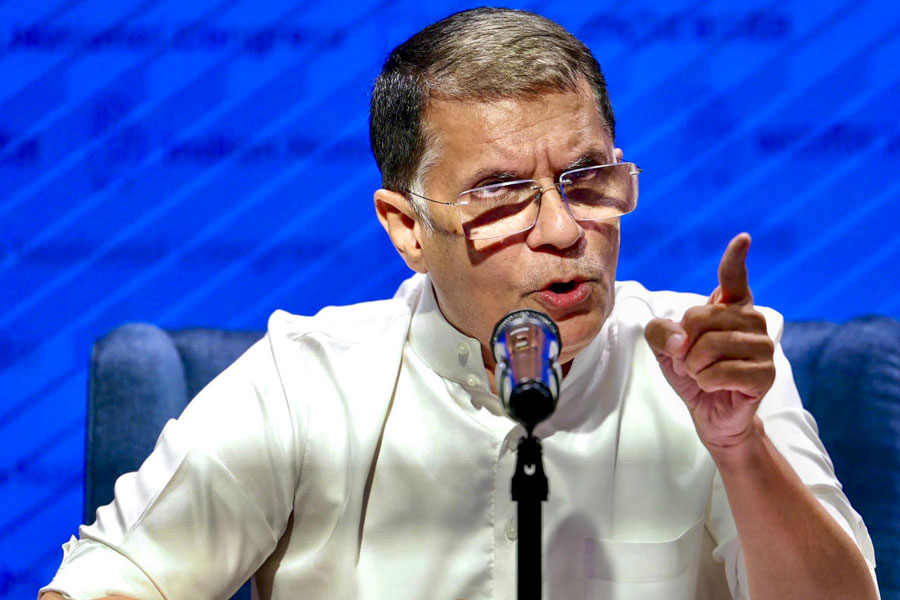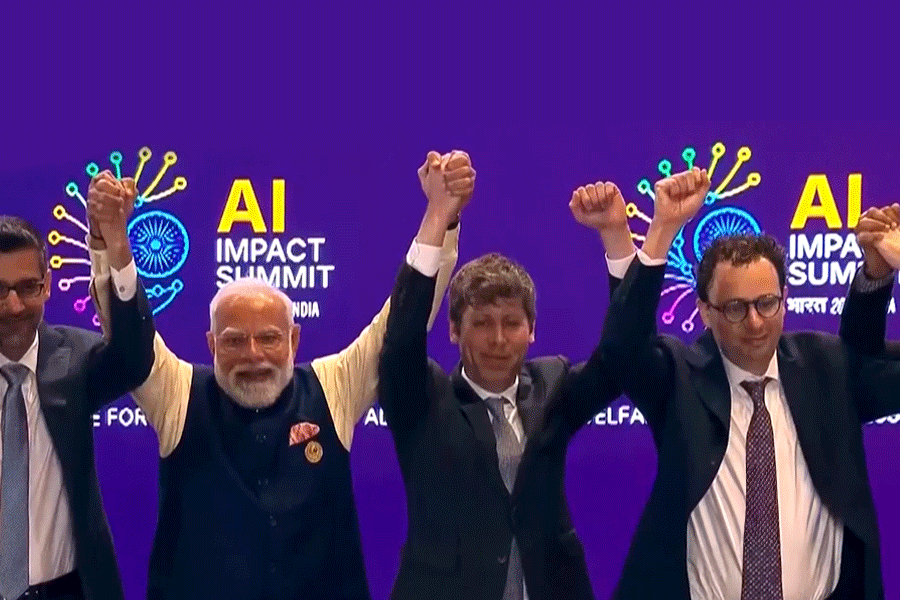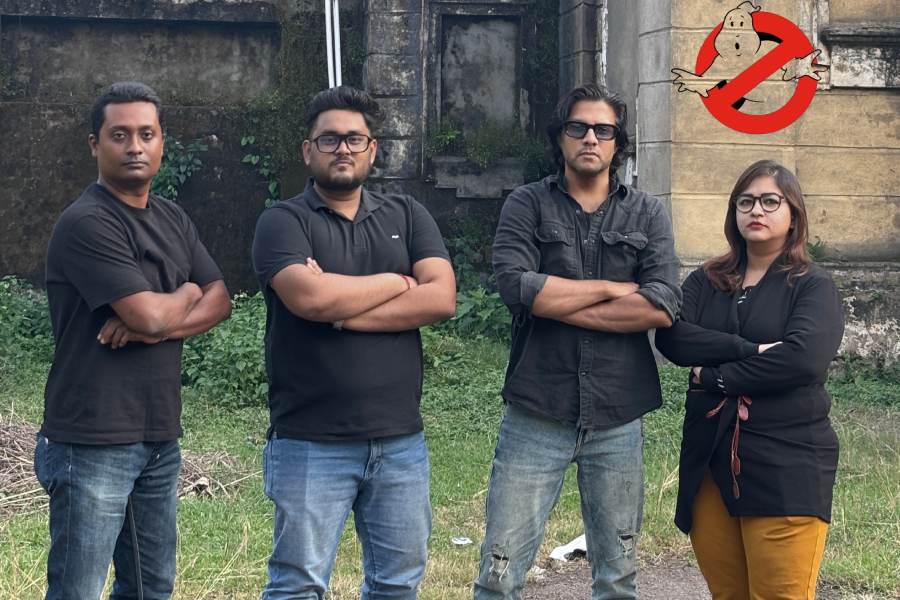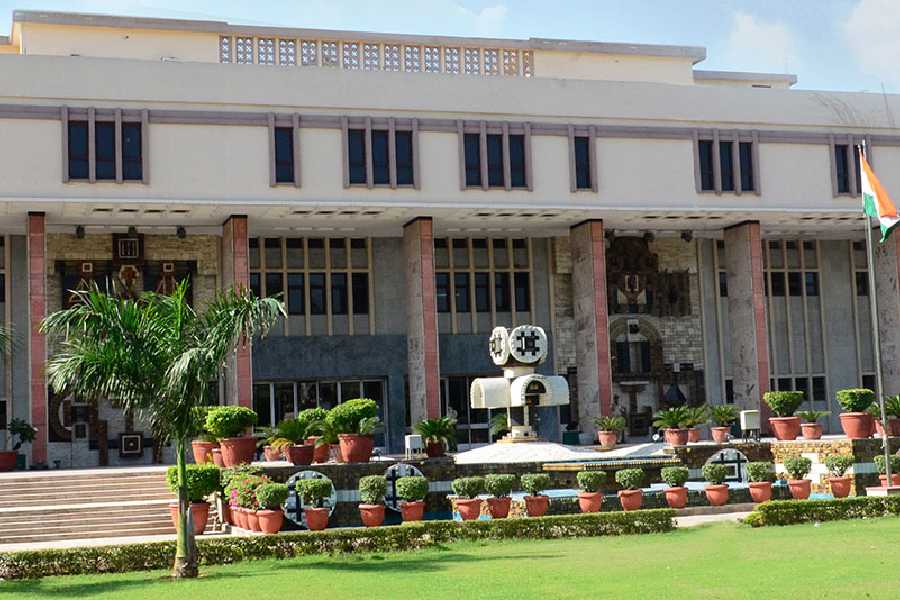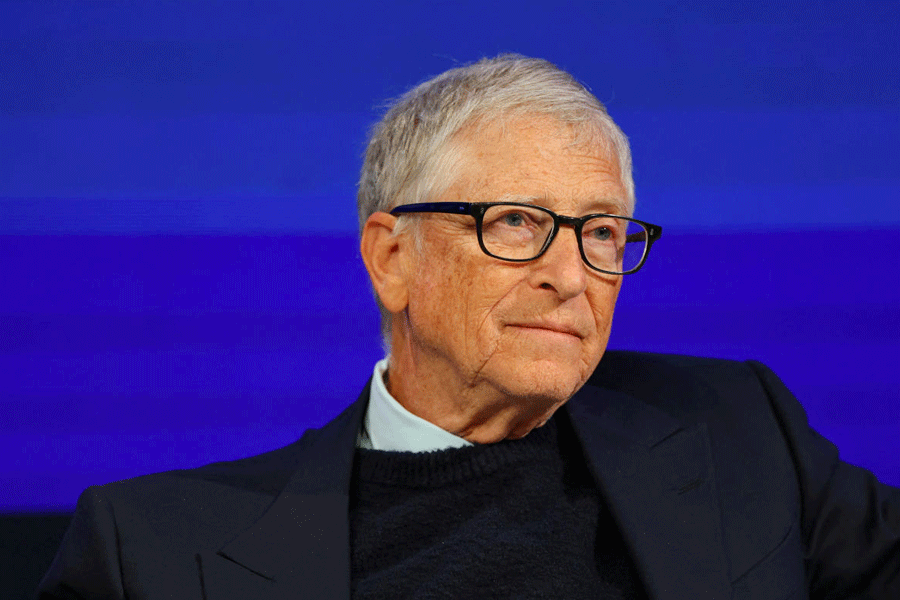The late Shashi Kapoor had in a radio interview while recalling the days of daily rounds of film studios in then Bombay looking for a break, commented his contemporary and friend Manoj Kumar as the best looker.
Shashi was referring to a day when he, Manoj and the only surviving member of the trio now, Dharmendra were waiting outside Mohan Studios.
“I can’t speak for now, in those days Manoj was the best looker among the three of us,” Shashi told the legendary radio anchor late Ameen Sayani.
Known to the world as Manoj Kumar, the 87 year old actor breathed his last on Friday morning at a hospital in Mumbai, where the lad from Abbottabad (now in Pakistan) born as Harikrishan Goswami, had made a life as writer-actor-director.
Sixty-one years since his first biggest hit that catapulted him to stardom with Raj Khosla’s Woh Kaun Thi, Kumar could have gone the route of the late Joy Mukherjee, another chocolate hero from the Hindi films of the 60s.
Instead Kumar carved a route for himself that made him stand out among his seniors and peers, a brand of films fused with desh-bhakti (patriotism) and Bharatiya sabhyata (Indian culture).
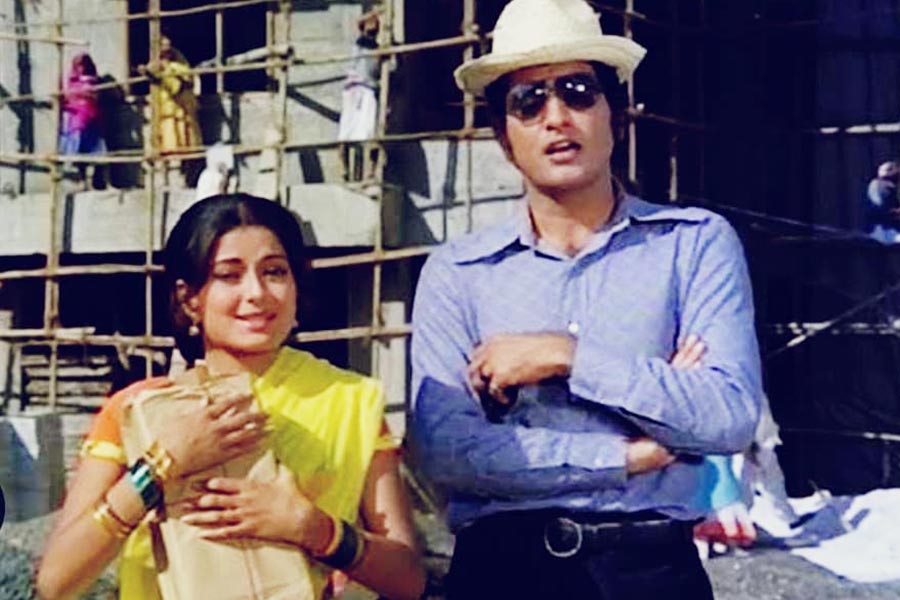
During the shooting of the film 'Roti Kapda Aur Makaan.' X/@MoushumiChatte6
Kumar made an entire career riding on the success of films like Shaheed (where he played Bhagat Singh), Upkaar (his first official directorial, inspired by then Prime Minister Lal Bahadur Shastri’s Jai Jawan, Jai Kisan slogan), Purab Pashchim and Kranti (his last biggest hit).
Kumar’s films did not demonise any community or religion. There was no chest-thumping. Kumar did not need to flex his muscle, shout from rooftops against an imagined enemy from an imagined past that is the flavour of the current crop of Hindi films seen in the last 10 years.
Kumar relied on emotionally-loaded dialogues to woo the audience, who lapped up his holier-than-anyone else in these films.
“Zameen to Maa hoti hai aur maa ke tukde nahin kiye jaate (Land is like mother and mothers are not partitioned),” Kumar playing Bharat in the 1967 superhit Upkar was heard telling his step-brother played by Prem Chopra.
Upkar also provided the late Pran playing the differently-abled Malang Chacha to break from his stereotype of antagonist characters and opened the door for his later turn in the 70s when he played supporting roles and even comic characters.
By the end of the 70s, Kumar’s name had become synonymous with Bharat.
In Hrishikesh Mukherjee’s Golmaal, Deven Verma playing himself tells Amol Palekar’s Ramprasad Dashrathprasad Sharma, “Tum pehno dhoti-kurta aur jacket to lagoge, Mr Bharat… Mr Bharat (if you wear dhoti-kurta and jacket you will look like Bharat).” Verma too had hid his face while delivering the dialogue, copying Kumar’s most famous mannerism.
Though around 21 years ago, infused by the India shining campaign Kumar did join the BJP he was never seen in public spouting venom against any community.
Once a staunch believer in the Nehruvian idea of India, by the time Kumar made his name in films, the first Prime Minister of India Jawaharlal Nehru was already dead and succeeded by Shastri. The farmer and the soldier would keep returning to Kumar’s films like Roti, Kapda aur Makaan and the ridiculous Clerk (1989).
Some of his non-patriotic films where he worked with other directors were blockbusters like Gumnaam (based on Agatha Christie’s And There were None), Be-Imaan, Sanyasi and Dus Numbri.
Unlike some of his more illustrious fellow-travellers, Kumar’s acting abilities were limited. Most of his life he had spent imitating his idol Dilip Kumar, with whom he shared screen in Aadmi and Kranti (that also marked Dilip Kumar’s return to the big-screen after a hiatus). Kumar’s trademark mannerism of hiding his face behind his palm is much spoofed.
Though Kumar was among the handful of actors from the Hindi film industry during the 1975 emergency, he was also in talks with the Indira Gandhi government to make a film which eventually got shelved.
Kumar was also unhappy with the government’s decision to telecast films on Doordarshan two weeks after the release and dragged the union government to court and emerged victorious.
Looking at it today when a venerable star from the South agrees to multiple cuts in his film that is making crores of money and issues an apology for upsetting the powers that be, Kumar appears no less than a revolutionary.
Hindi film lovers would be forever grateful to Kumar who advised his assistant, a young Chandra Barot to add a song in the third act of the 1978 smash-hit Don, which gave them the still-raging number “Khaike Paan Benaraswallah”.

